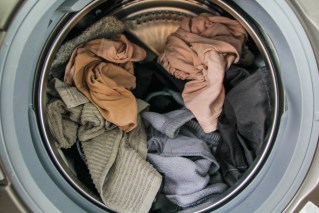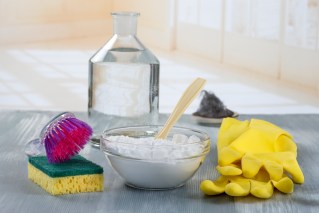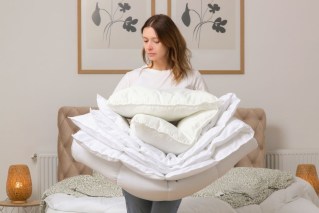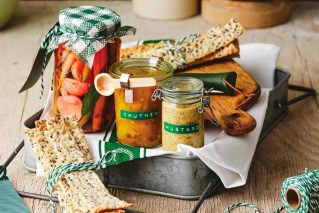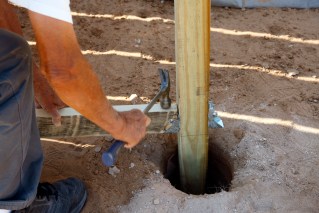Is fabric softener a scam? The expensive products that harm your linen and washing machine

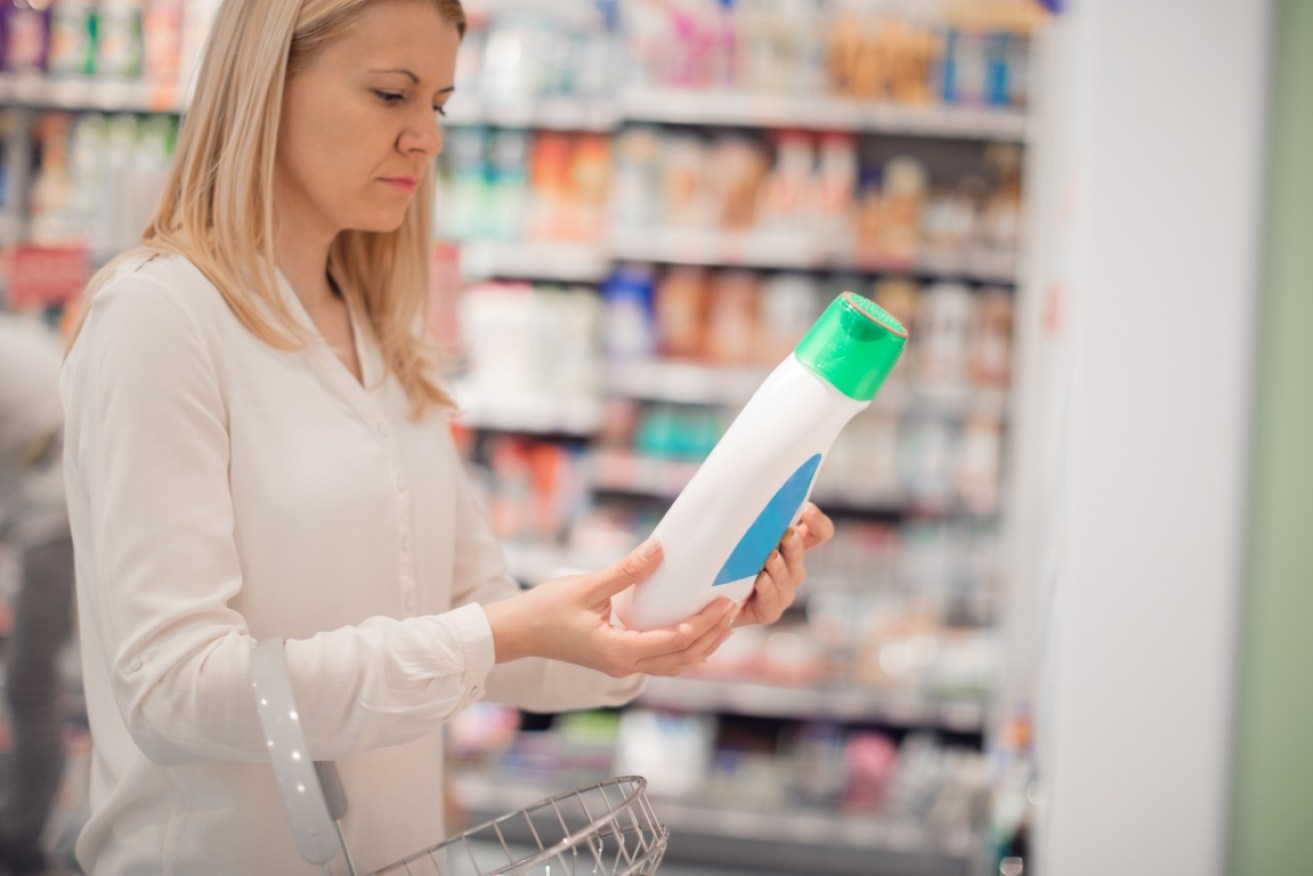
Is fabric softener worth the money? Maybe not. Photo: Getty
A Cuddly brand fabric softener that’s marketed as being “soft as a mother’s touch” for people with sensitive skin does less than water, according to CHOICE.
The consumer group ranked 29 fabric softeners, and found the Cuddly Sensitive Hypoallergenic was the worst among them.
CHOICE bestowed the softener with a Shonky Award on Thursday “for performing worse than water while costing 3000 times more”, at $6 per litre.
But are any of the products worth the money, and do they really work?
A CHOICE investigation found chemicals in fabric softeners tended to make fabric less capable of absorbing water, “so you’re essentially waterproofing your towels”, the report said.
Sheridan linen brand advises customers against using fabric softeners in its online care guide.
“Avoid using silicone-based fabric softeners and conditioners. These will repel water and will reduce the absorbency of your fluffy towels,” the Sheridan website said.
A spokesperson for boutique bedding store I Love Linen said it was up to customers whether they used fabric softeners.
“We don’t as a rule suggest fabric softeners are needed for the maintenance of sheets or bedding,” the spokesperson told The New Daily.
Fabric softeners also lead to a gunky-build up in washing machines, known as crud.
The products reduce flame-resistance in fabrics, CHOICE said, and some softeners carry a warning not to be used on children’s sleepwear.
Meanwhile, the products cause irritation to some people.
Customers have previously complained that Cuddly Sensitive Hypoallergenic contained almond milk in its products.
Maria Said, CEO of Allergy and Anaphylaxis Australia, told The New Daily it was concerning tree-nuts like almond was being used in fabric softeners.
“We’ve certainly had a lot of people complaining about fabric softeners and even clothes washing detergents having food in them such as almond milk,” Ms Said said.
“This is a real problem for people who already are allergic, and potentially for people who have skin conditions such as eczema because people can be sensitised to foods through skin.”
Ms Said said it was concerning these products were marketed as safe for people with allergies.

CHOICE ranked Cuddly Sensitive Hypoallergenic fabric softener last out of 29 products.
“When a detergent or a softener comes out marketed for people with sensitive skin but then contains a food allergen, it really does ring alarm bells about what sort of investigations the company did to come to that conclusion – that something like that would be ‘hypoallergenic’.”
From July, customers began complaining on the Product Review website that the fragrance in Cuddly Sensitive Hypoallergenic had changed.
Numerous customers complained of breaking out in a rash or getting asthma from a new fragrance.
The sensitive Cuddly fabric softener for sale on the Woolworths website continues to list almond milk as an ingredient.
Of the 29 fabric softeners CHOICE tested, Cuddly Sensitive Hypoallergenic ranked last. The product received a 56 per cent softness score and an absorption score of just 20 per cent.
That score “meant that even water trumped the fabric softener overall”, CHOICE said.
“Vinegar and Epsom salts also received a higher score than Cuddly.
“At $6 per litre, it’s a lot more expensive than tap water’s $0.002 price, and it’s more costly than many of the fabric softeners in our test.”
A 2015 report from Roy Morgan found lower socio-economic shoppers were more likely to purchase fabric softeners.
“Consumers from the less affluent end of the socio-economic spectrum are more likely than their wealthier counterparts to buy fabric softener,” Andrew Price, General Manager of Consumer Products at Roy Morgan, said at the time.
A survey from consumer group Canstar Blue earlier this year found half of respondents used fabric softener, half of which used it with every wash.
Those respondents ranked Comfort products highest, followed by ALDI brand Anco, Coles, Cuddly, Earth, Fluffy, Coles Smart Buy, Huggie, and Homebrand.
Last year, US-based Procter & Gamble (P&G) said sales of its Downy liquid softener had fallen 26 per cent from 2007 to 2015.
P&G’s President of Global Fabric Care blamed the downfall on millennials at an investor meeting, Fox Business reported.
The New Daily has contacted Cuddly, Sheridan and CHOICE for comment.

